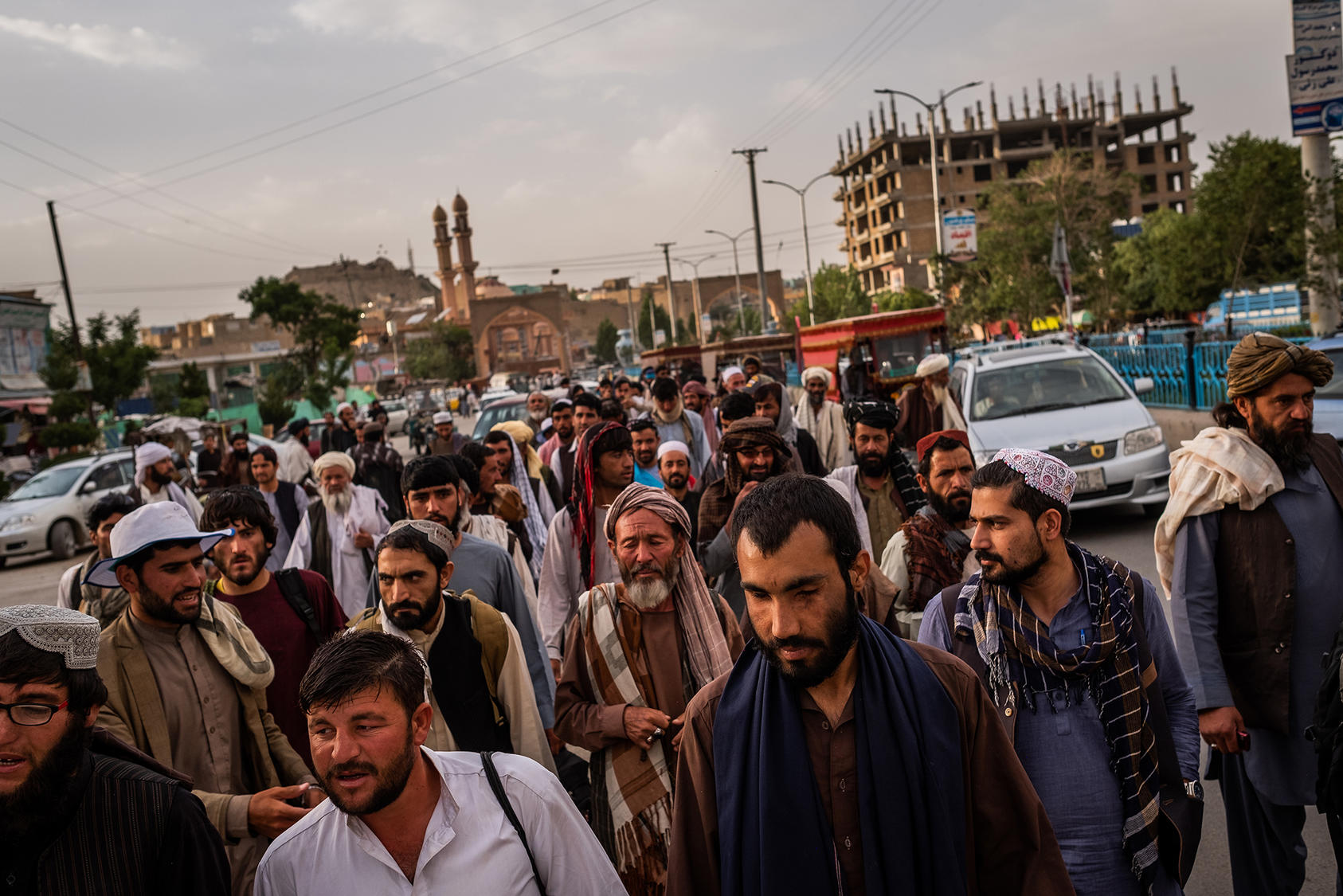For several weeks, speculation has abounded in Afghanistan about whether the extraordinary Eid al-Fitr cease-fire this past June would be repeated for Eid al-Adha, the Islamic holiday which in Afghanistan began on Tuesday. Afghan President Ghani signaled for weeks that government forces were open to a second pause, finally on Sunday offering a cease-fire formally if the Taliban reciprocated. The Taliban maintained a studious silence on the matter, though anonymous sources told media outlets that the group’s leaders had decided against declaring one, and the week before the holiday the Taliban launched a major assault on the city of Ghazni. What happened, and what does it mean?

First, it seems possible that the Taliban permitted a loose, tacit pause in violence for Eid al-Adha, but determined that actually declaring a second cease-fire carried too much political downside. There have been few if any reports of significant attacks around Afghanistan since Eid al-Adha began, a rarity in August when violence is often at its peak. A pair of rocket attacks near Ghani’s palace in Kabul garnered global attention, but the Taliban denied responsibility while the Islamic State claimed it. If true, this echoes the June cease-fire, when the Islamic State—which has been party to neither pause—shattered three otherwise jubilant days with a pair of devastating bombings. A tacit cease-fire would be consistent with the Taliban’s broad recognition that the last pause in violence was very popular among an Afghan citizenry whose support the group wants.
Second, the refusal to follow Ghani’s lead highlights what Taliban leaders disliked about the last cease-fire: the photos of government soldiers and Taliban insurgents celebrating together, which swarmed social media and seemed to imply that many of the Taliban’s own men wanted the fighting to stop. After two days, Taliban leaders ordered (with only partial success) fighters to halt such celebrations and withdraw from the cities, and probably were very focused this time on preventing similar scenes.
The Taliban’s silence highlights its extreme reticence to do anything that paints the Kabul government in a flattering light.
Third, the group’s silence highlights its extreme reticence to do anything that paints the Kabul government in a flattering light. Taliban leaders disliked the political windfall that the prior cease-fire brought Ghani, whom they unerringly dismiss as a foreign puppet, and took pains in June to explain that they were not implementing a cease-fire just because Ghani had done so. This time around, Ghani may have waited until the last minute to formally offer a cease-fire, so the Taliban would have political space to jump first, but his willingness to entertain a pause of almost any length was clear. If so, this approach was probably the best one, but the Taliban refused to play along.
In all, the push for an Eid al-Adha cease-fire was worthwhile but disappointing. At best the Taliban went along tacitly, and at worst the group decided that cease-fires are not worth the political cost, at least for now. This should not, however, obscure the fact that the Afghan peace process today shows more life than it has in years. Numerous outlets have reported that the U.S. and Taliban opened a bilateral dialogue, with Ghani’s blessing, in the weeks following the first cease-fire. If true, this is a potentially valuable first step in a long process that the Afghan protagonists will ultimately have to conclude. It was always unlikely that this cease-fire would morph into a near-term end to the war, but it remains entirely possible that the changed climate on this issue over the last six months will have a positive long-term effect.
It also bears mention that Russia this week announced a separate effort to bring Ghani’s government and the Taliban together for talks in Moscow. Foreign Minister Sergey Lavrov almost certainly overstated Moscow’s progress to date, with no sign that it had broken through the Taliban’s unwillingness to meet with Kabul, and Kabul having declined to participate in this channel. The initiative will not be helpful if it consists merely of a Taliban delegation meeting with foreign governments as though it too were a government, and it remains possible that Moscow’s main motive was to stick its nose in another regional conflict that complicates life for Washington. Its one potentially positive side, however, is that it reflects many of Afghanistan’s neighbors’ growing interest in exploring a peaceful end to the war, and potential willingness to nudge the Taliban in that direction.
The events of the last week demonstrate that peace will not come quickly; bloody incidents like the Taliban attack on Ghazni will continue through 2018 and probably well beyond. The reported launch of new talks with the Taliban and the repeated demonstrations of widespread popular support for peace, however, show that 2018 has changed the atmosphere for the better.



